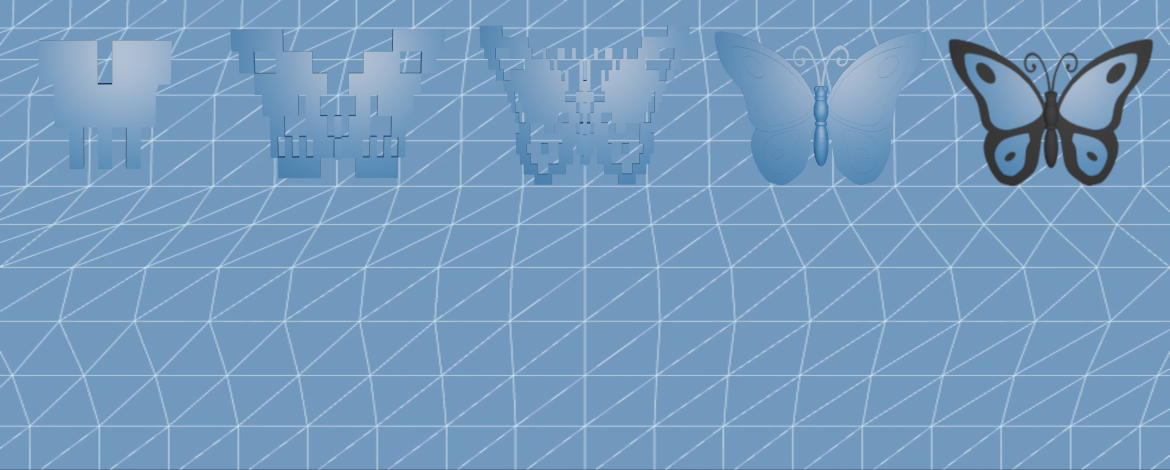Motivation, Idea and Participants
Universities are facing the challenge of embodying Humboldt’s ideal of the unity of teaching and research. While advances in digitization have led to new methods and procedures in research, changes in teaching happen much slower. In order to support developments in teaching, the Federal Ministry of Education and Research (BMBF) has been funding the interdisciplinary Project FoLD (Digital Research and Training), since October 2019.
The FoLD project at the University of Potsdam is an interdisciplinary consortium dedicated to developing digital concepts of higher education in the humanities. The following scientists and scholars have come together for this purpose:
- Educational technologies: Prof. Dr. Ulrike Lucke, Chair for Complex Multimedia Application Architectures, Dr. Leena Steinke
- Jewish Theology: Rabbi Prof. Walter Homolka, PhD, PhD, DHL, School of Jewish Theology,
- Media-Cultural Studies: Sebastian Möring, PhD, PostDoc, Homepage: https://sebastianmoering.com/
- Philology: Prof. Dr. Peer Trilcke, professorship for 19th century German literature and Henny Sluyter-Gäthje
- Jennifer Quast and Jörg Hafer, Zentrum für Qualitätsentwicklung in Lehre und Studium (ZfQ) at the university of Potsdam.
Inspired by the educational sciences and the "Digital Humanities" the FoLD project investigates how innovations in research can be transferred to teaching in terms of methods, objects of investigation, infrastructures and working procedures.
The Potsdam team pursues a participatory approach based on the leitmotif of research-based learning. Within the FoLD project, researchers collaborate with students in an interdisciplinary, coorperative and collaborative manner in order to create truly innovative research scenarios and to develop state-of-the-art digital educational resources. We deliberately address existing curricula in order to ensure the sustainable development of subject related digital higher education.
This way, the FoLD project fosters fundamental competencies for future activities in research and teaching, both within the respective subjects of the project as well as in interdisciplinary collaborations. One of the overall objectives of the project is to develop concrete proposals for the differentiation of subject-specific and cross-cutting competencies required by digital higher education.


